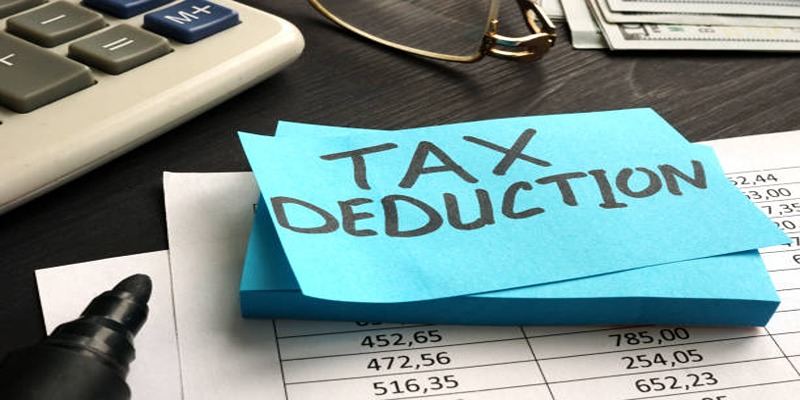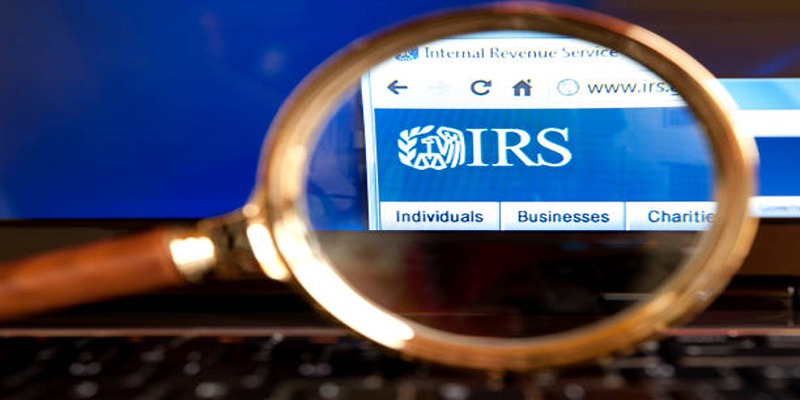As a self-employed individual, managing your finances comes with its own set of challenges, particularly when it comes to understanding tax deductions. Knowing what you can deduct can significantly impact your bottom line, allowing you to keep more of your hard-earned money. Tax deductions can range from home office expenses and business supplies to vehicle usage and travel costs. However, navigating the labyrinth of tax laws can be daunting, with regulations continually changing and exceptions often complicating matters. This guide aims to demystify the tax deduction process for self-employed individuals by providing essential tips, outlining common deductions, and sharing best practices to ensure you maximise your tax savings while remaining compliant with IRS regulations. Equip yourself with the knowledge to make your tax season less stressful and more beneficial for your business.
Definition of Tax Deductions

Tax deductions are specific expenses that taxpayers can subtract from their total taxable income, thereby reducing the amount of income that is subject to taxation. For self-employed individuals, these deductions are particularly crucial as they can significantly lower the overall tax burden. Deductions can include a wide range of expenses directly related to running a business, such as office supplies, utilities, and even a portion of home-related expenses if a home office is maintained. By understanding and effectively utilising tax deductions, self-employed individuals can enhance their financial health and optimise their tax obligations.
Common Tax Deductions Available
Self-employed individuals can take advantage of various tax deductions to ease their financial burden. Understanding these common deductions can help you make the most of your tax return.
Home Office Deduction
If you run your business from home, you might qualify for the home office deduction. This deduction enables you to claim a portion of your home expenseslike rent or mortgage interest, utilities, and internet servicescorresponding to the percentage of your home dedicated exclusively to business use. To comply with IRS guidelines, it's crucial to maintain precise records and accurately measure your home office space.
Vehicle and Travel Expenses
Self-employed individuals who depend on their vehicles for business can achieve significant savings by deducting vehicle expenses. You have two options: the standard mileage rate deduction, which allows a fixed amount per business mile driven, or the actual expense method, where you tally the true costs of vehicle operation. Furthermore, travel expenses such as transportation, lodging, and meals incurred during business activities may also be deductible, provided they comply with IRS regulations.
Equipment and Supplies
Any equipment and supplies necessary for running your business can typically be deducted from your taxable income. This includes computers, software, office furniture, and other tools essential for your operations. It's crucial to track your purchases and consider whether certain items can be capitalised and depreciated over time or if they qualify for immediate expensing under Section 179.
Record-Keeping Best Practices
Maintaining accurate and organised records is crucial for self-employed individuals to maximise tax deductions and remain compliant with IRS regulations. Here are some best practices to enhance your record-keeping:
- Keep Detailed Receipts: Always retain receipts for business-related expenses, including invoices and bank statements. Digital copies are acceptable, so consider using scanning apps to keep everything organised.
- Categorise Expenses: Create categories for various expenses, such as travel, office supplies, and equipment. This simplifies the process of identifying deductible items during tax season.
- Utilise Accounting Software: Investing in accounting or bookkeeping software can streamline your financial management, making it easier to track income and expenses in real time.
- Regularly Update Records: Set a schedule to review and update your financial records consistently, whether weekly or monthly. This practice helps prevent last-minute scrambling during tax season.
- Document Business Activities: Keep a log of your business-related activities, such as meetings and trips. This documentation can provide essential context for your deductions if questioned by the IRS.
By implementing these record-keeping strategies, you can ensure that you are well-prepared for tax season, while also enabling better financial decision-making throughout the year.
Tools and software to help with bookkeeping and tax deductions
As a self-employed individual, managing your finances can be overwhelming, but fortunately, there are tools and software available to simplify the process. Here are some examples:
- Accounting Software: Popular accounting software such as QuickBooks and FreshBooks can help you track income and expenses, generate financial statements, and even assist with tax preparation.
- Receipt Scanning Apps: Apps like Expensify or Shoeboxed allow you to scan receipts and automatically categorise them for easy record-keeping.
- Mileage Tracking Apps: If you frequently use your vehicle for business purposes, apps like MileIQ or Everlance can help accurately track your mileage for potential deductions.
Maximising Deductions

To ensure you're getting the most out of your tax deductions, consider implementing the following strategies:
- Be Proactive: Regularly review potential deductions throughout the year rather than waiting until tax season. This approach allows you to make informed financial decisions that can maximise your deductible expenses.
- Stay Informed About Tax Law Changes: Tax laws frequently change, and staying informed about updates can uncover new deductions or adjustments to existing ones. Consider consulting with a tax professional or attending workshops on tax strategies for self-employed individuals.
- Bundle Expenses When Possible: If you anticipate a high expense in the future, such as purchasing new equipment, consider whether it might be advantageous to make the purchase in the current tax year. This strategy can accelerate your deductions, reducing your taxable income sooner.
- Take Advantage of Estimated Tax Payments: Self-employed individuals typically make quarterly estimated tax payments. By carefully calculating potential deductions and adjusting your estimated payments accordingly, you can manage your cash flow better while ensuring you're not overpaying.
- Consult a Tax Professional: Engaging a tax professional can provide you with tailored advice based on your unique business circumstances. They can help identify overlooked deductions and offer strategies to optimise your tax position.
By adopting these practices, you can effectively navigate the intricacies of tax deductions, ensuring that you maximise the financial advantages available to you as a self-employed individual.
Consulting a Tax Professional
While it's possible to handle your taxes on your own as a self-employed individual, seeking the help of a tax professional can provide numerous benefits. Some reasons to consider consulting a tax professional include:
- Optimising Deductions and Credits: Tax professionals have extensive knowledge and experience in navigating tax laws, allowing them to identify deductions and credits that you may not be aware of.
- Reducing Errors: Filing taxes can be complex, and even small errors could lead to penalties or missed opportunities for deductions. A tax professional can help ensure accuracy and avoid costly mistakes.
- Assisting with Audits: If you are audited by the IRS, having a tax professional on your side can provide peace of mind and guidance through the process.
- Saving Time and Reducing Stress: Tax professionals handle tax returns for a living, freeing up your time to focus on running your business. This can significantly reduce stress during tax season.
Conclusion
Navigating the complexities of taxes as a self-employed individual can be daunting, but by adopting effective record-keeping practices and utilising available tools, you can simplify the process and maximise your deductions. Staying informed about tax laws and engaging with a tax professional can further enhance your financial strategy, ensuring that you capitalise on all available opportunities. By taking a proactive approach to your finances, you not only prepare yourself for tax season but also set a solid foundation for the growth and success of your business. Remember, a well-organised financial plan can lead to substantial savings and peace of mind, allowing you to concentrate on what you do bestrunning your business.







